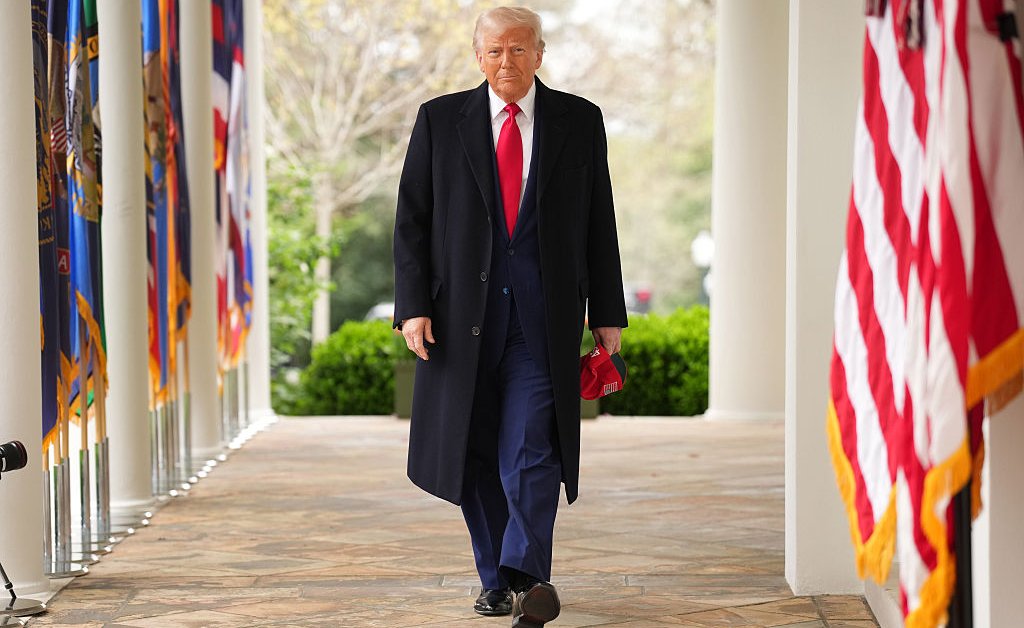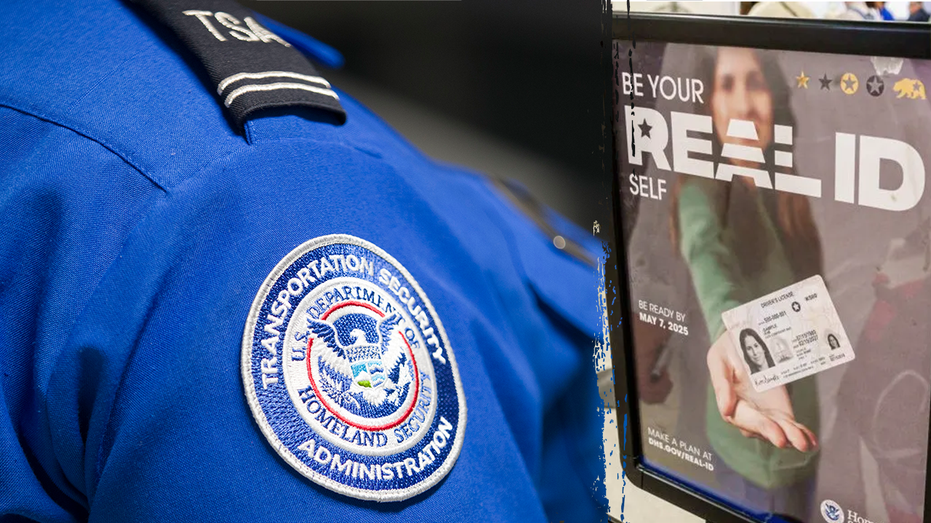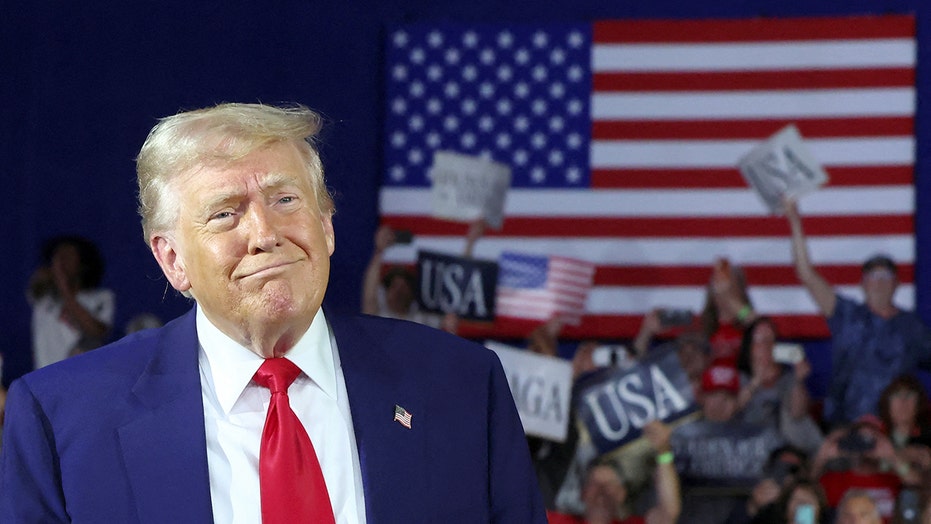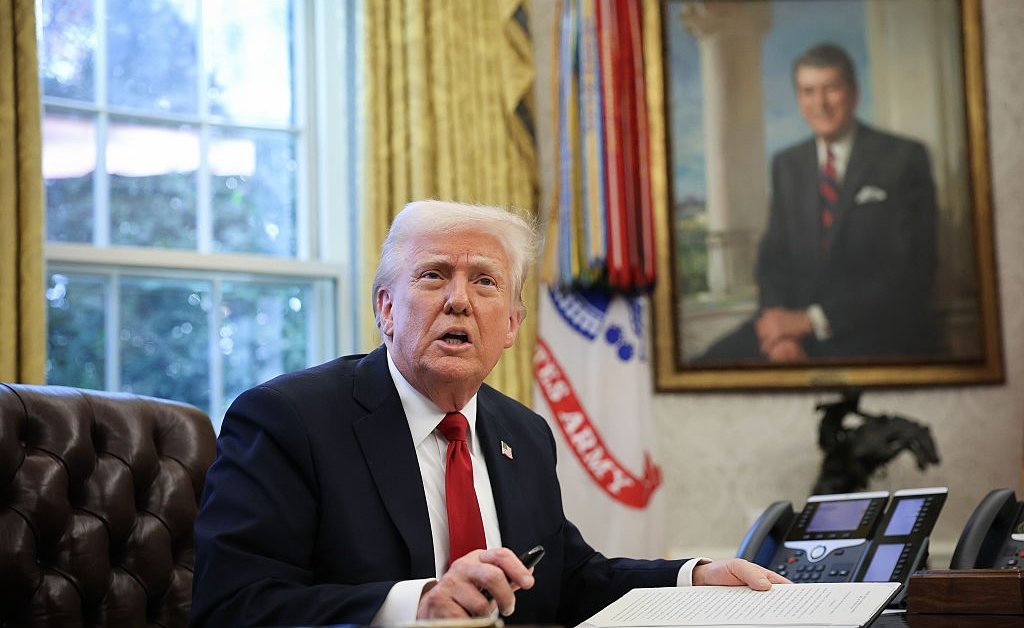Now Reading: The Most Significant First 100 Days Since FDR
-
01
The Most Significant First 100 Days Since FDR
The Most Significant First 100 Days Since FDR

Almost 100 years ago, Franklin Delano Roosevelt initiated his famous first 100 days, introducing the New Deal, a series of laws aimed at alleviating the effects of the Great Depression. FDR’s rapid actions not only addressed the crisis but also reshaped the federal government, expanding its influence in American life. Justifying this expansion, FDR believed the government had a duty to ensure the well-being of its citizens.
Since then, a president’s initial 100 days have been viewed as a reflection of their leadership style and effectiveness, providing a glimpse into their future actions. While there have been other transformative first 100 days after FDR, none have had the potential impact on America’s future like President Donald Trump’s actions since January 20, 2025. Trump’s swift actions have been far-reaching, possibly surpassing FDR’s New Deal in significance.
Trump’s return to the presidency brought increased preparation and power. With loyal supporters in key roles, ambitious agendas, and a strategy influenced by the Heritage Foundation’s Project 2025, Trump’s influence was unparalleled. Republican majorities in Congress, coupled with public and private sectors wary of opposing him, further strengthened his position.
Trump’s actions in his first 100 days have had significant consequences. The dismantling of government agencies and policies, economic disruptions, attacks on equity initiatives, and shifts in America’s international standing have all marked Trump’s presidency. These changes have raised concerns about the future impact on American democracy and global relations.
As Trump’s presidency continues, the question remains: what will rise from the destruction he has caused? The lasting effects of his actions on future generations, democracy, and America’s place in the world are yet to be fully understood.





